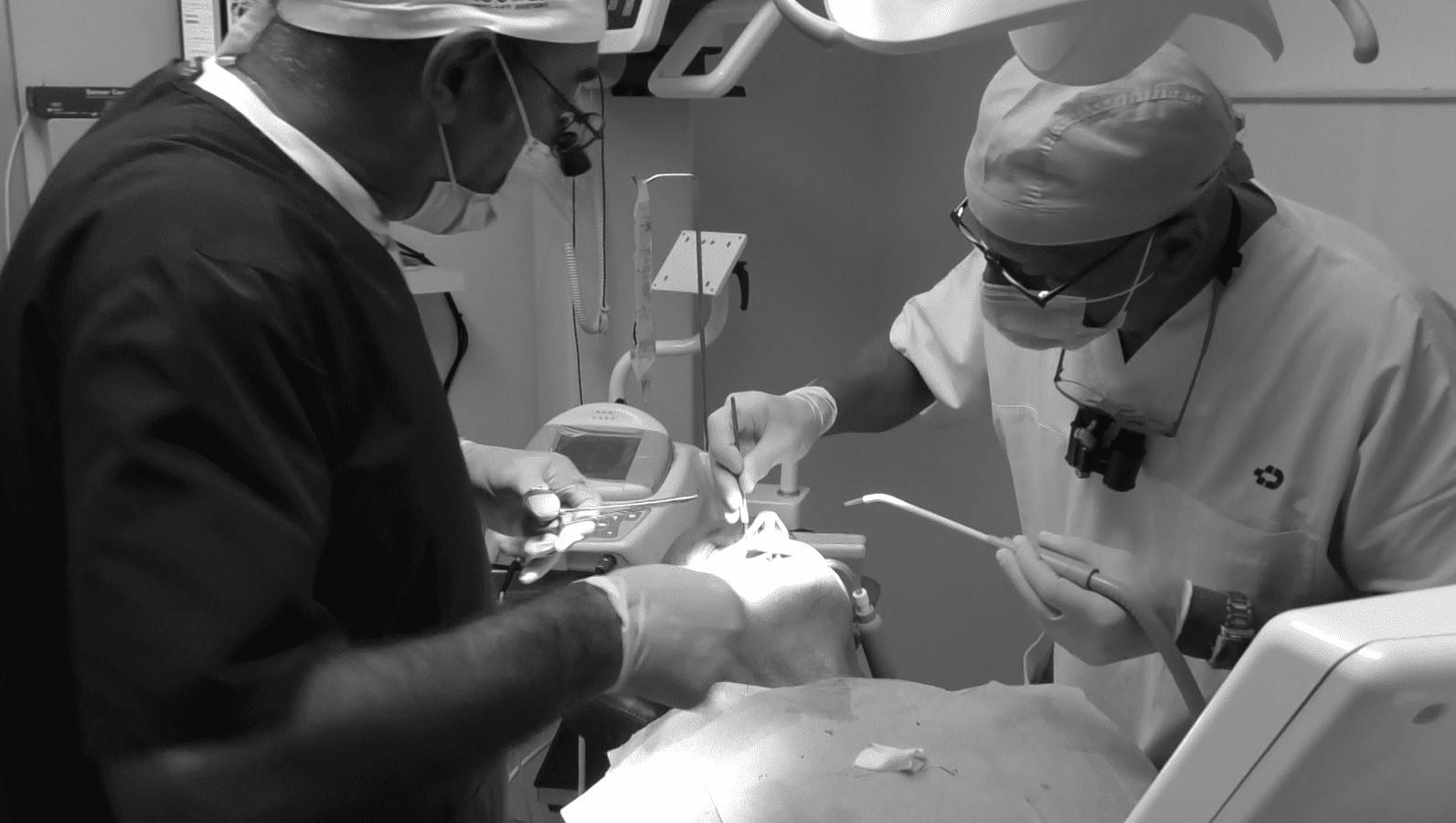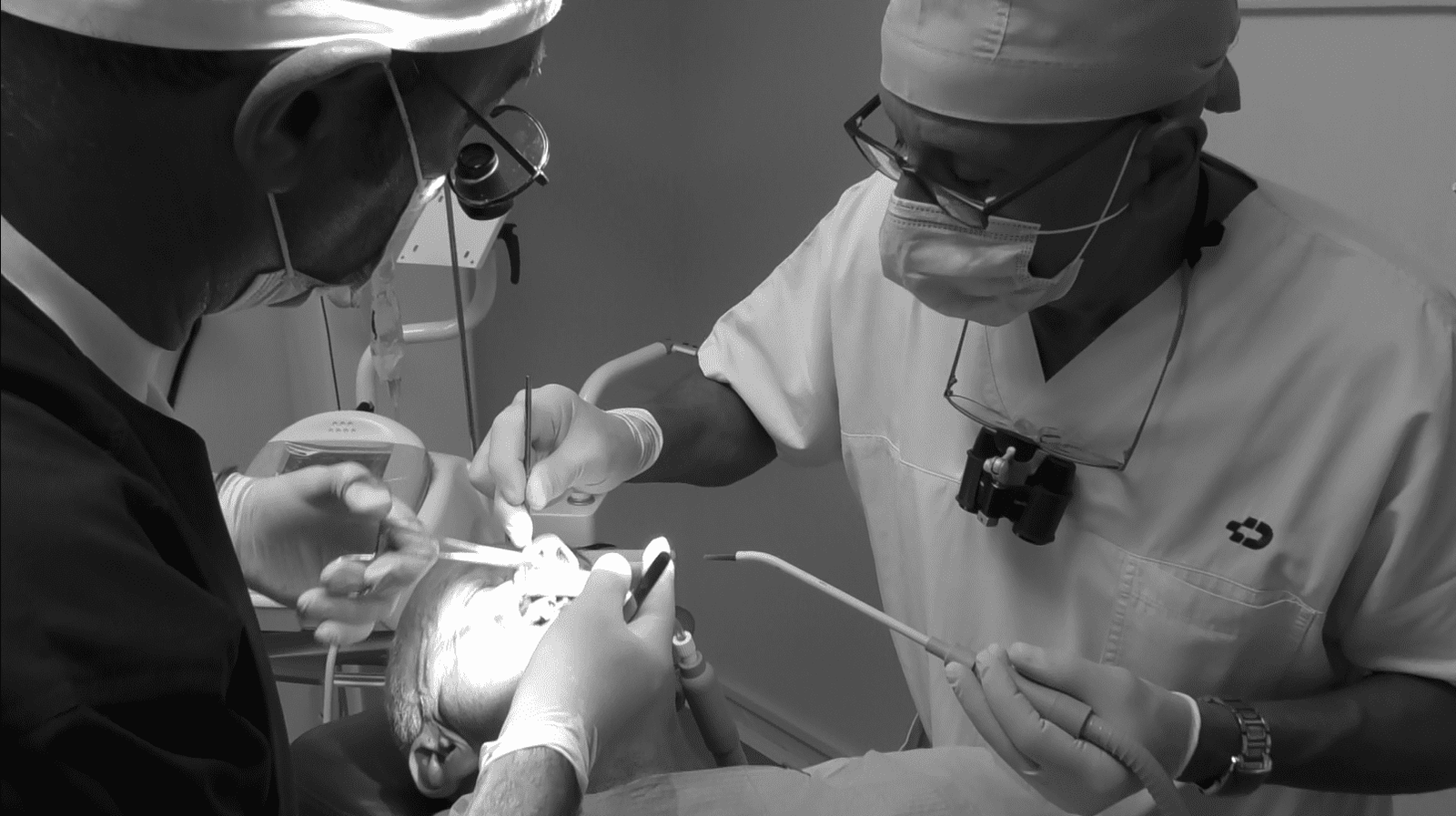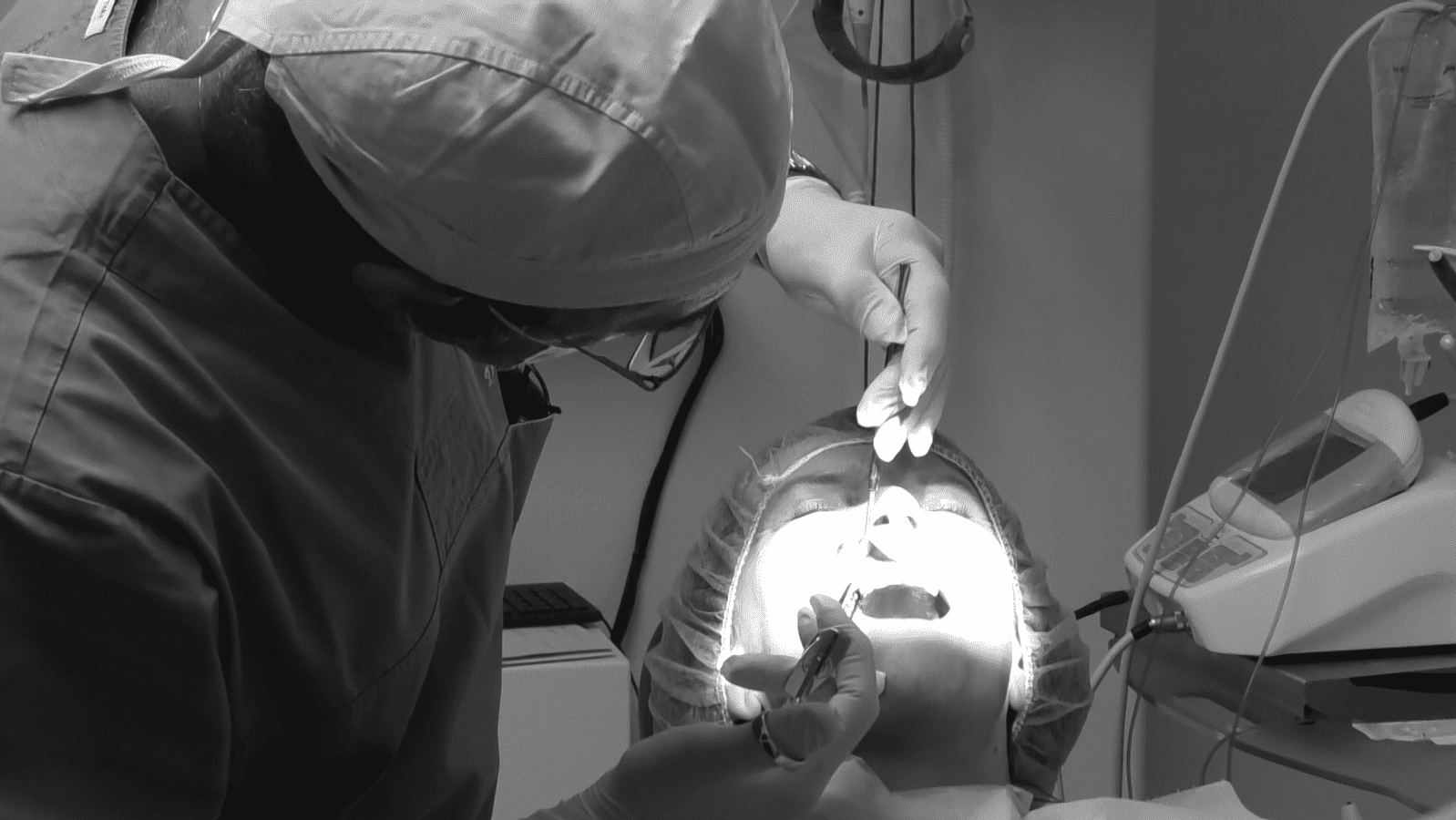All-on-4 dental implants have gained popularity as an effective solution for individuals who have lost most or all of their teeth. This innovative dental procedure offers a convenient and long-lasting alternative to traditional dentures. However, like any medical procedure, there are potential downsides to consider. In this article, we will explore some of the drawbacks associated with All-on-4 dental implants.
1. Risk of Failed Implant
While it is highly uncommon, there is a small risk of a failed implant with All-on-4 dental implants. This occurs when the bone fails to grow properly around the implanted screw. Factors such as poor oral hygiene, smoking, or underlying medical conditions can increase the likelihood of implant failure. It is crucial to follow your dentist’s post-operative instructions and maintain good oral hygiene to minimize this risk.
2. Speech Difficulty
Some patients may experience difficulty in speech after undergoing All-on-4 implant surgery. This can be attributed to the initial adjustment period as your mouth adapts to the presence of the implants. It is not uncommon to experience a slight lisp or altered speech patterns during the early stages. However, with time and practice, most patients regain their normal speech abilities.
3. Potential Discomfort
Following the All-on-4 implant procedure, it is normal to experience some discomfort. This can include swelling, bruising, and mild pain around the implant area. Your dentist will prescribe appropriate pain medications to manage any discomfort during the recovery period. It is important to follow the prescribed pain management regimen and report any persistent or severe pain to your dentist.
4. Cost
One of the potential drawbacks of All-on-4 dental implants is the cost. Compared to traditional dentures, All-on-4 implants can be more expensive. The procedure involves the placement of four implants per arch, which requires advanced surgical techniques and materials. Additionally, the cost may vary depending on factors such as the location of the dental clinic and the complexity of the case. It is important to discuss the financial aspects with your dentist and explore any available insurance coverage or financing options.
5. Maintenance and Oral Hygiene
All-on-4 dental implants, like any dental restoration, require proper maintenance and oral hygiene to ensure their longevity. Regular brushing, flossing, and routine dental visits are essential to keep the implants and surrounding gums healthy. Neglecting oral hygiene can lead to complications such as gum disease or implant failure. It is crucial to follow your dentist’s instructions on oral care and attend regular check-ups to monitor the condition of your implants.
Conclusion
All-on-4 dental implants offer a convenient and effective solution for individuals seeking a permanent tooth replacement option. While there are potential drawbacks to consider, such as the risk of a failed implant or temporary speech difficulty, these issues can often be managed with proper care and support from your dental team. It is important to have a thorough discussion with your dentist to understand the potential risks and benefits of All-on-4 dental implants and make an informed decision based on your individual needs and circumstances.


